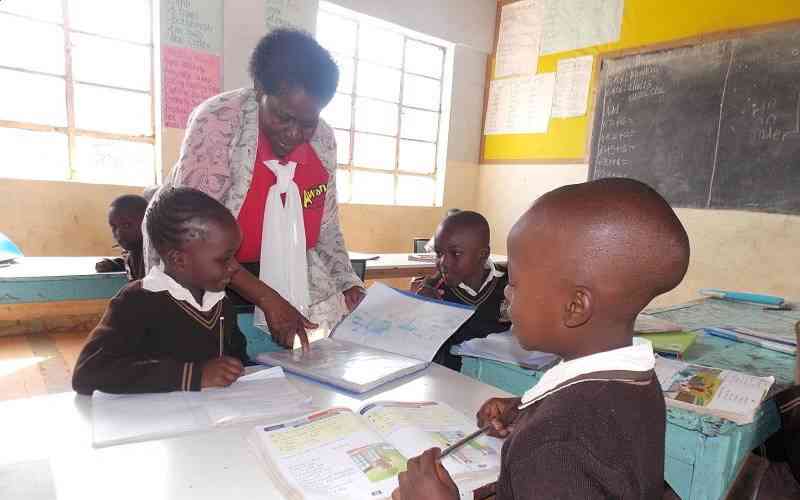×
The Standard e-Paper
Join Thousands Daily

There is a self-inflicted crisis of education in Kenya which, lacking philosophical cohesion, runs two systems - one for the elite called 'international' and the other for regular people called 8-4-4 and now renamed CBC.
The education system suffers the paradox of having schools with no teachers and teachers with no schools and manages national examinations shambolically. Its policies lack credibility and encourage external dictates.